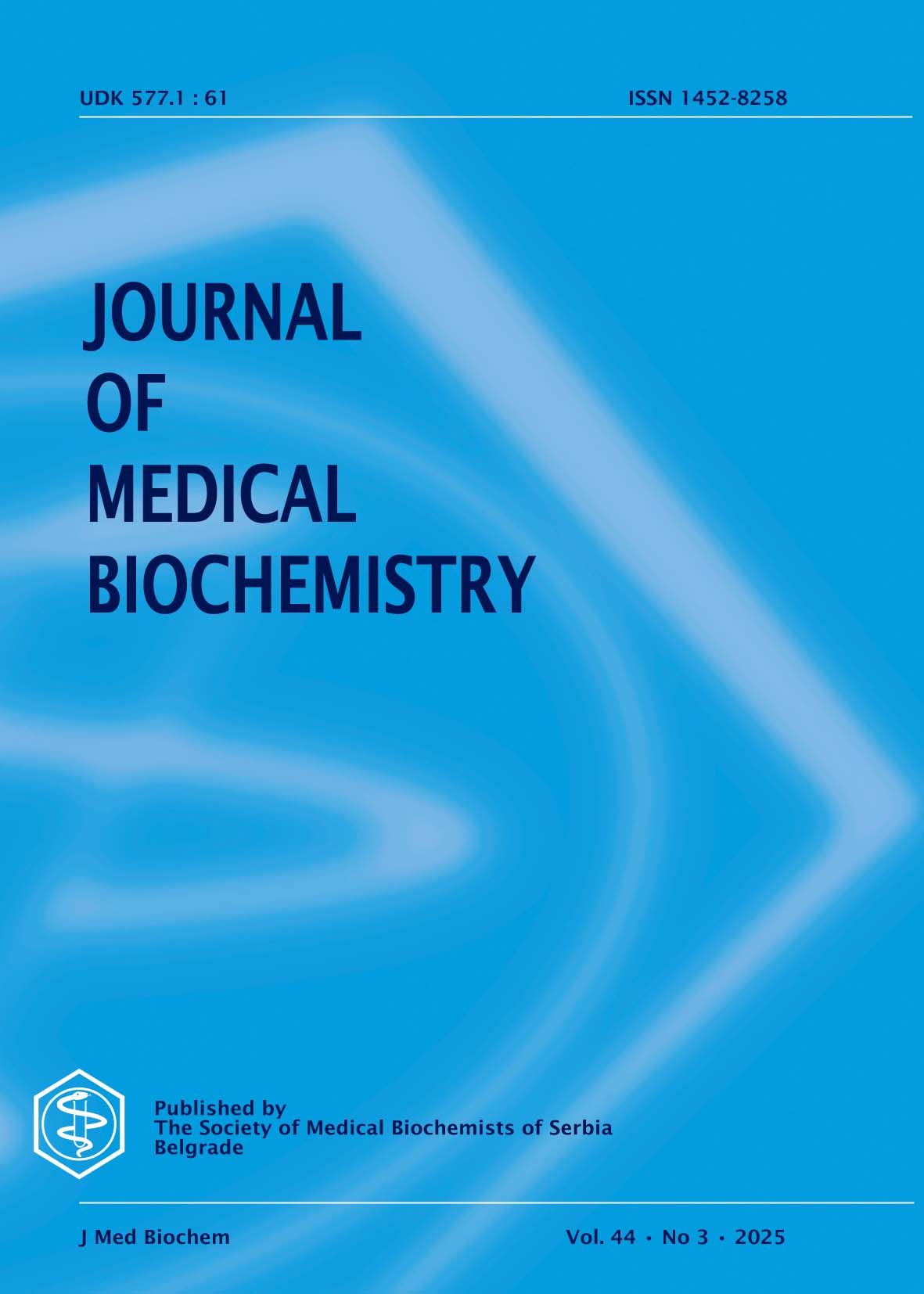Altered levels of sphingolipid metabolites in serum of locally advanced rectal cancer patients: a pilot study
Abstract
ABSTRACT
Background: Altered sphingolipid levels might contribute to rectal cancer development, progression and therapy response by regulating various biological processes, including apoptosis. This study aimed to analyse the serum sphingolipid profile in rectal cancer patients and investigate its association with the apoptotic status of tumour tissue and therapy response.
Methods: Ceramide (CER) and sphingomyelin (SM) serum levels were analysed in 22 patients with locally advanced rectal cancer and 24 healthy individuals by ultrafast liquid chromatography coupled with tandem mass spectrometry. The expression of pro-apoptotic BAX (BCL2 associated X, apoptosis regulator) and anti-apoptotic BCL2 (BCL2 apoptosis regulator) was analysed in tumour and corresponding healthy tissue samples of patients by quantitative real-time PCR.
Results: Significantly lower serum levels of C18 CER, C22 CER, C24 CER, C18 SM and C24 SM were observed in patients than in controls (P<0.05). For C20 CER, C22 CER and C24 CER, a positive correlation with the pro-apoptotic status of tumour tissue was found (r=0.619, P=0.018; r=0.694, P=0.006 and r=0.601, P=0.023, respectively). No difference in serum sphingolipid levels was found between patients with good, moderate, and poor responses to therapy.
Conclusions: These results support the involvement of sphingolipids in rectal cancer. However, further studies, including a larger cohort of subjects, are needed to clarify the association of sphingolipid metabolites with therapy response.
Keywords: apoptosis, neoadjuvant chemoradiotherapy, rectal cancer, sphingolipids
Copyright (c) 2025 Jasna Bjelanovic

This work is licensed under a Creative Commons Attribution 4.0 International License.
The published articles will be distributed under the Creative Commons Attribution 4.0 International License (CC BY). It is allowed to copy and redistribute the material in any medium or format, and remix, transform, and build upon it for any purpose, even commercially, as long as appropriate credit is given to the original author(s), a link to the license is provided and it is indicated if changes were made. Users are required to provide full bibliographic description of the original publication (authors, article title, journal title, volume, issue, pages), as well as its DOI code. In electronic publishing, users are also required to link the content with both the original article published in Journal of Medical Biochemistry and the licence used.
Authors are able to enter into separate, additional contractual arrangements for the non-exclusive distribution of the journal's published version of the work (e.g., post it to an institutional repository or publish it in a book), with an acknowledgement of its initial publication in this journal.

